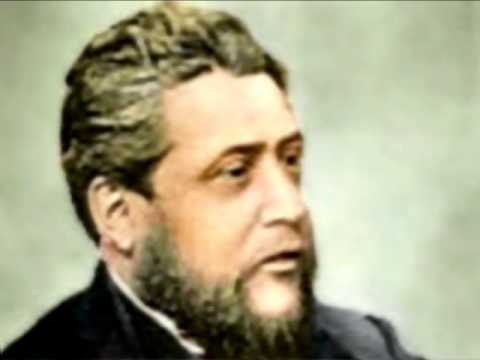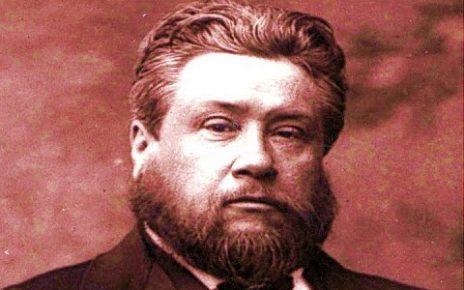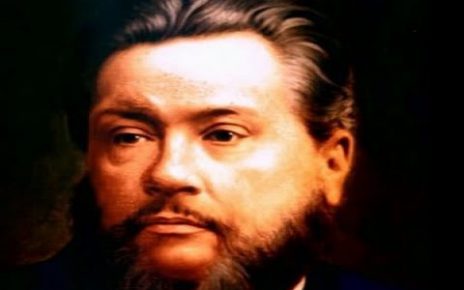God or Self — Which? – Charles Spurgeon Sermon
Charles Spurgeon Sermon playlist:
King James Version (KJV)
Zechariah 7:5 Speak unto all the people of the land, and to the priests, saying, When ye fasted and mourned in the fifth and seventh month, even those seventy years, did ye at all fast unto me, even to me?
Zechariah 7:6 And when ye did eat, and when ye did drink, did not ye eat for yourselves, and drink for yourselves?
For many walk, of whom I have told you often, and now tell you even weeping, that they are the enemies of the cross of Christ: Whose end is destruction, whose God is their belly, and whose glory is in their shame, who mind earthly things. (Philippians 3:18-19)
Charles Haddon (C.H.) Spurgeon (June 19, 1834 January 31, 1892) was a British Reformed Baptist preacher who remains highly influential among Christians of different denominations, among whom he is still known as the “Prince of Preachers.” In his lifetime, Spurgeon preached to around 10,000,000 people, often up to 10 times a week at different places. His sermons have been translated into many languages. Spurgeon was the pastor of the New Park Street Chapel in London for 38 years. In 1857, he started a charity organization called Spurgeon’s which now works globally. He also founded Spurgeon’s College, which was named after him after his death.
The descendant of several generations of Independent ministers, he was born at Kelvedon, Essex, and became a Baptist in 1850. In the same year he preached his first sermon, and in 1852 he was appointed paster of the Baptist congregation at Waterbeach. In 1854 he went to Southwark, where his sermons drew such crowds that a new church, the Metropolitan Tabernacle in Newington Causeway, had to be built for him. Apart from his preaching activites he founded a pastors’ college, an orphanage, and a colportage association for the propagation of uplifting literature. Spurgeon was a strong Calvinist. He had a controversy in 1864 with the Evangelical party of the Church of England for remaining in a Church that taught Baptismal Regeneration, and also estranged considerable sections of his own community by rigid opposition to the more liberal methods of Biblical exegesis. These differences led to a rupture with the Baptist Union in 1887. He owed his fame as a preacher to his great oratorical gifts, humour, and shrewd common sense, which showed itself especially in his treatment of contemporary problems. Among his works are The Saint and his Saviour (1857), Commenting and Commentaries (1876) and numerous volumes of sermons (translated into many languages).
—The Oxford Dictionary of the Christian Church
-~-~~-~~~-~~-~-
Please watch: “A Call to Separation – A. W. Pink Christian Audio Books / Don’t be Unequally Yoked / Be Ye Separate”
-~-~~-~~~-~~-~-
source




